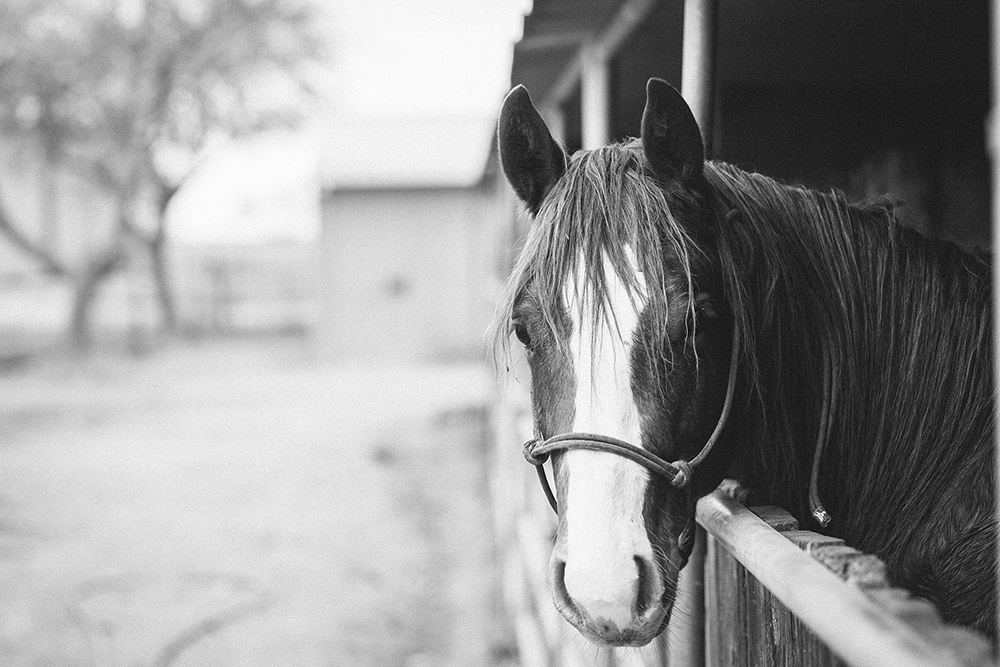Have questions about the Colorado Horse Forum or about owning and caring for horses in Colorado? You’ve come to the right place!
This page covers everything from how to list your business or event to helpful information about horse ownership, boarding, and equestrian life across the state. Whether you’re new to the Colorado horse scene or a lifelong rider, you’ll find answers, insights, and resources to help you feel right at home in our community.
If you don’t see your question answered here, don’t hesitate to reach out — we’re always happy to help!
FAQs about CHF
What is the Colorado Horse Forum (CHF)?
The Colorado Horse Forum is an online community and resource hub created to connect equestrians across Colorado. We share local news, events, educational articles, and directory listings to support horse owners, riders, and businesses statewide.
Is the Colorado Horse Forum free to use?
Yes! Our community, event calendar, and most online resources are completely free to access. We’re passionate about keeping information open and available to everyone in the Colorado horse world.
Can I post my equine event on your calendar?
Absolutely! All equine-related events — from shows and clinics to tack sales and trail rides — can be listed for free on our event calendar. Visit our calendar page to add your event in just a few clicks.
What areas does CHF cover?
While we’re based in Colorado, we welcome participation from horse enthusiasts in surrounding states. Most of our listings and discussions focus on Colorado and nearby regions within a reasonable driving distance.
Can I list my business on your site?
Yes! Our Equine Business Directory is open to all horse-related businesses, trainers, barns, veterinarians, and service providers. We offer free listings, as well as premium partner opportunities for those who’d like to feature their business more prominently. We also offer limited partnerships.
How do I become a site sponsor or partner?
We love partnering with businesses that share our passion for the Colorado equestrian community. Site partners help support our website’s growth while reaching a highly targeted audience of local horse owners. You can learn more on our Sponsorship Opportunities page.
Can I submit an article or blog post?
Yes! We’re always looking for fresh voices in our community. If you’d like to share educational content, training tips, or event coverage, please reach out through our Contact page to learn how to contribute.
Can I share photos or videos of my horse?
Of course! We love seeing our members’ horses. You can share photos, stories, and experiences in our Facebook Community — just be sure to follow our group guidelines to keep things positive and engaging.
Do you moderate the Facebook groups?
Yes, our volunteer admin team works hard to keep discussions respectful, informative, and spam-free. Please take a moment to review the group rules before posting.
How can I support the Colorado Horse Forum?
There are many ways to support CHF! You can:
- Share our posts and resources
- Add your events and business listings
- Become a site sponsor or contributor
- Simply spread the word and help grow our community!
FAQs about Horse Ownership in Colorado
What do I need to do before moving my horse to Colorado?
Before bringing your horse into Colorado, you’ll need a current Certificate of Veterinary Inspection (CVI) issued by a licensed veterinarian within 30 days of travel and a negative Coggins test dated within the past 12 months. These documents help ensure your horse is healthy and prevent disease spread across state lines.
Do I need a brand inspection for my horse in Colorado?
Yes. In Colorado, horses must have a brand inspection when sold, moved permanently out of state, or transported over 75 miles within the state. The inspection verifies proof of ownership and helps prevent theft or disputes. The brand inspection is required even if your horse does not have a brand.
Is a brand inspection required when I move my horse into Colorado?
Yes. Any horse permanently moving into Colorado must have a brand inspection to establish legal ownership within the state. Even if your horse doesn’t have a physical brand, the inspection verifies ownership and serves as your proof of possession in Colorado.
Do I need a Coggins test in Colorado?
Yes, a negative Coggins test (proof your horse is free of Equine Infectious Anemia) is required for interstate travel and often needed for shows, clinics, and events within the state. Annual testing is strongly recommended.
Do horses need special care in Colorado’s climate?
Yes! The dry air and fluctuating temperatures mean horses often need extra hydration, salt access, and winter shelter from wind and snow. Many owners also adjust forage and blanketing based on altitude and weather.
Can horses live outside year-round in Colorado?
Many do! Horses adapt well with proper management. A three-sided shelter, access to fresh water, and good-quality forage help them stay comfortable even in winter. Owners at higher elevations may need heavier blanketing and wind protection.
Are there specific requirements for boarding facilities in Colorado?
There aren’t statewide boarding laws, but facilities must follow animal welfare and zoning regulations. Always review contracts carefully and ensure barns provide safe fencing, clean water, and proper feeding practices.
Where can I ride my horse in Colorado?
Colorado offers hundreds of trails and open spaces for horseback riding, including many state parks, national forests, and BLM lands. Always check local regulations—some areas require permits or Coggins tests for organized events.
What are the biggest adjustments for horses moving to Colorado?
Colorado’s altitude, dry climate, and fluctuating weather can be a big change for horses coming from lower or more humid regions. It’s important to:
- Allow time for altitude adjustment — horses may tire more easily at first.
- Provide plenty of water and salt to offset the dry air and dehydration risk.
- Monitor diet and body condition — forage quality and type can differ greatly from other states.
Do I need to worry about the cold or snow?
Colorado’s winters can be harsh, especially at higher elevations. Horses grow thick coats but still need windbreaks or shelters, unfrozen water, and extra forage to stay warm. Most horses adapt quickly with proper management, but planning ahead is key. If your horse is coming from somewhere it didn’t grow much of a coat for winter historically, it may need a year or two to fully adjust to the coat needs of Colorado, consider blanketing in these instances.
Is Colorado hay different from other states?
Yes. Colorado hay is typically high in protein and minerals due to the state’s arid growing conditions and mountain-fed irrigation. If your horse is used to a different forage type, transition slowly to avoid digestive upset. Many owners also use slow feeders to extend forage time and mimic natural grazing.
Should I find a new veterinarian before moving my horse?
Absolutely. Establishing a relationship with a local equine vet as soon as you arrive is a smart move. They can help with acclimation care, vaccinations specific to Colorado (like West Nile Virus), and local health requirements.
Are there specific rules for trail riding or public lands in Colorado?
Yes. Colorado offers incredible public trails, but some areas require permits, passes, or proof of a negative Coggins test for organized rides. Always check with state parks, BLM offices, or national forests before hauling out to new areas.
Partner With Us
As our community continues to grow, we’re proud to collaborate with local and national equine businesses who share our values.
Becoming a Site Partner isn’t just about advertising — it’s about being part of something bigger. As a partner, you’ll connect directly with Colorado’s most engaged equestrian audience while supporting a resource that helps educate, unite, and uplift horse owners across the state.
Through your partnership, we’re able to continue expanding free resources, promoting responsible horsemanship, and strengthening Colorado’s equine industry as a whole.

